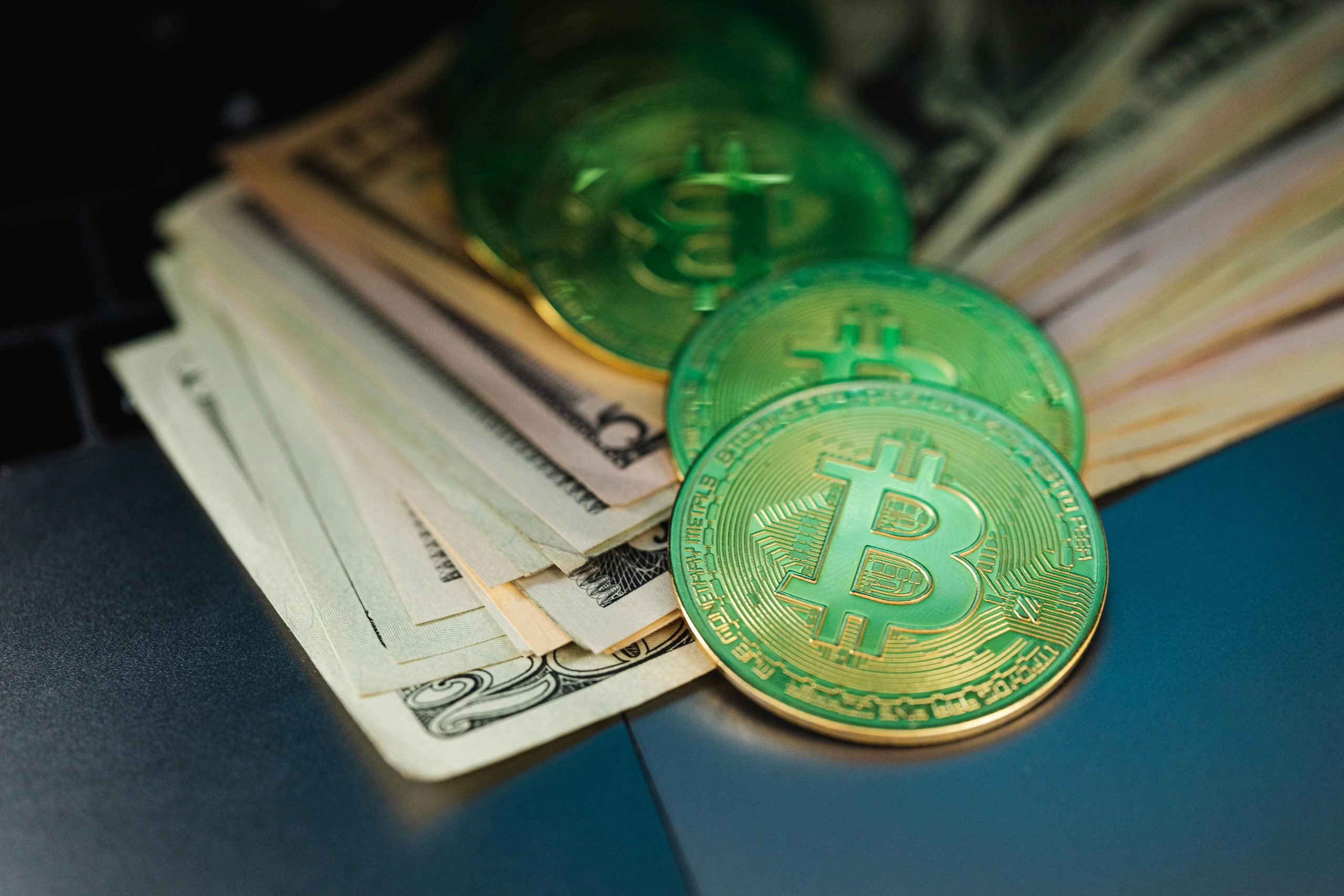Blockchain: Decentralizing Global Economic Systems
Welcome to the world of Blockchain technology, where decentralization is the central theme transforming global economic systems. What was once a buzzword has now become a reality, with real-world applications changing the way we do business. So, what exactly is Blockchain and how is it decentralizing the global economy? In this article, we’ll dive into the world of Blockchain and explore its potential to revolutionize economic systems across the globe. From disrupting traditional transaction methods to creating new forms of currency, let’s discover how Blockchain is decentralizing and reshaping the global economy.
The Emergence of Blockchain Technology
Blockchain technology was initially introduced through the creation of Bitcoin in 2008 by an anonymous figure known as Satoshi Nakamoto. It was designed as a peer-to-peer electronic cash system, free from government control and intermediary institutions. However, it was Blockchain, the underlying technology behind Bitcoin, that stole the spotlight.
Blockchain is a decentralized, distributed and transparent digital ledger that records transactions across a network of computers in a secure and tamper-proof manner. Each block in the chain contains a unique code, known as a hash, which connects it to the previous block and forms a chain of blocks. This chain of blocks provides a chronological and immutable record of all transactions on the network.
Blockchain technology has evolved from being solely used for cryptocurrency to applications in various industries. Its decentralized and transparent nature has attracted businesses and industries looking to streamline processes, reduce costs, and eliminate intermediaries.
Disrupting Traditional Financial Systems
One of the main ways Blockchain is decentralizing the global economic system is by disrupting traditional financial systems. Unlike traditional banking where transactions are controlled by a central authority, Blockchain allows for peer-to-peer transactions, eliminating the need for intermediaries. This removes the risk of fraud, lowers transaction fees, and increases transaction speed.
Moreover, with traditional financial systems, cross-border transactions can take days to complete and involve high fees. Blockchain has the ability to facilitate fast and low-cost cross-border transactions in a matter of minutes. This has the potential to revolutionize the way businesses transact globally, making it more efficient and cost-effective.
The Rise of Cryptocurrency
Blockchain has also paved the way for the rise of cryptocurrency, a digital or virtual form of currency that uses Blockchain technology for secure and decentralized transactions. Cryptocurrency has gained popularity due to its decentralization, making it immune to government control and manipulation.
Bitcoin, the most well-known and widely used cryptocurrency, has seen a surge in value over the years, with its value reaching an all-time high in April 2021. This has resulted in increased adoption of cryptocurrency as an alternative form of currency, with more businesses accepting it as a mode of payment.
New Forms of Decentralized Finance
Another way Blockchain is decentralizing the global economic system is through the creation of decentralized finance or DeFi. It is a decentralized financial system that operates on Blockchain technology, eliminating the need for intermediaries such as banks or brokers.
DeFi offers a wide range of financial services, including lending, borrowing, trading, and insurance, among others. These services are decentralized, meaning they don’t rely on a central authority or institution to facilitate transactions. This eliminates the risk of fraud, reduces fees, and increases transparency.
DeFi has gained traction in recent years, with the total value locked in DeFi protocols reaching over $88 billion USD in April 2021. The rise of DeFi is transforming traditional financial services and has the potential to expand financial inclusion globally.
The Future of Decentralization in the Global Economy
The impact of Blockchain on the global economic system is just beginning. Its decentralized and transparent nature continues to attract the attention of businesses and governments alike, with many exploring its potential applications.
Blockchain technology has the potential to revolutionize various industries, from supply chain management to voting systems, in addition to disrupting traditional financial systems. Its ability to provide secure and transparent transactions, without the need for intermediaries, has the potential to foster economic growth and development.
However, the widespread adoption of Blockchain and its decentralization is not without its challenges. Governance, regulation, and scalability are some of the major hurdles that need to be overcome for Blockchain to reach its full potential. But with constant advancements and innovations, the future of Blockchain and its decentralizing effect on the global economy seems promising.
Final Thoughts
The emergence of Blockchain technology and its underlying principle of decentralization is transforming the global economic system. From disrupting traditional financial systems to creating new forms of finance, the impact of Blockchain is evident. As the technology continues to evolve and be adopted on a larger scale, we can only expect more changes and innovations in the way we do business globally.
Decentralization is here to stay, and Blockchain is leading the way towards a more decentralized, transparent, and inclusive economic future. The potential of this technology to revolutionize industries and reshape the global economy is exciting, and only time will tell the full extent of its impact.











